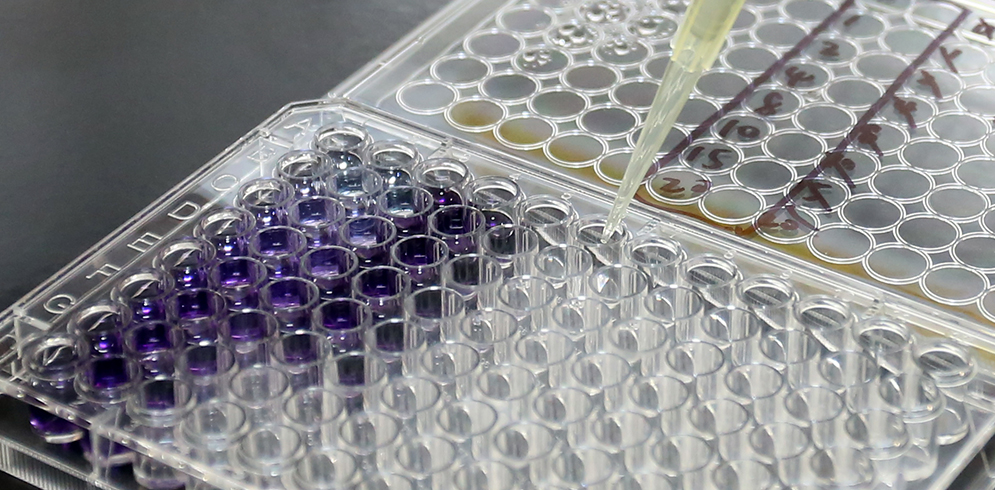Search

Shanghai Professional Technical Service Platform was initiated by the Science and Technology Commission of Shanghai Municipality. Following the principle of "addressing weaknesses, promoting effectiveness, and enhancing capabilities," its mission is to meet the public service needs for industrial technological advancement and social development in Shanghai. Focusing on basic research, technology development, and experimental research, and other aspects of the innovation chain within the city, the platform integrates various scientific and technological resources across common technical domains where public technical services are comparatively lacking. It provides distinctive features such as information sharing, research and development, collaborative research, testing and verification, and pilot scale-up to support innovation and entrepreneurship endeavors, aiming to reduce innovation costs and fostering innovation-driven development.
The aim of establishing this service platform is to provide accessible and beneficial professional technical services to the public, continuously supporting and guaranteeing the reduction of innovation costs in society, the creation of a scientific and technological innovation ecosystem, and the promotion of innovation-driven development.
Shanghai Neurological Rare Diseases Biobank and Precision Diagnosis Professional Technical Service Platform (scheduled for establishment) was approved in 2023. This initiative was led by Shanghai Sixth People's Hospital, with Cao Li from the Department of Neurology serving as the platform's director.
The objectives of establishing the platform are as follows:
- To innovate and develop diagnostic technologies for rare neurological diseases, explore the construction of a multidimensional and interdisciplinary diagnosis and detection platform to improve detection sensitivity and efficiency, facilitating large-scale application in clinical diagnosis.
- To investigate the genetic variations associated with rare neurological diseases, further elucidating diverse pathogenic mechanisms and providing a scientific basis for laboratory diagnosis. Additionally, to explore the phenotype and variation spectrum of rare nervous system diseases within the Chinese population, serving as a foundation for disease diagnosis, prevention, intervention, and the development of digital decision-making tools.
- To build comprehensive experimental diagnosis and sample databases for rare neurological diseases, based on the large population, wide range of diseases, and extensive geographical coverage of the Chinese population, breaking the longstanding dependence on foreign gene databases for analyzing rare neurological diseases in the Chinese population.
- To establish standardized norms for the industrial transformation and application of rare neurological diseases, along with a comprehensive promotion scheme. This involves creating a standardized system for diagnosing and treating rare neurological diseases and exploring practical experiences that span all levels of the medical system.
The platform builds a detection system through various approaches, including neurogenetics, neuroimmunity, and neuropathological testing. It implements cutting-edge and comprehensive detection technologies to enhance efficiency and accuracy, resulting in a multifaceted service platform capable of catering to both clinical and scientific research needs. The platform will also establish a high-quality biobank and databases for rare neurological diseases, containing precise clinical information, sequencing data, protein information, etc. Beyond mere data storage, it will meticulously clean, structure and interpret data, providing researchers with reliable data support and services.
Research Platforms
- Shanghai Institute of Microsurgery on Extremities / Institute of Orthopaedic Surgery
- Shanghai Diabetes Institute/ Shanghai Key Laboratory of Diabetes
- Shanghai Key Laboratory of Sleep Disordered Breathing
- Shanghai Engineering Research Center for Orthopaedic Material Innovation and Tissue Regeneration
- Shanghai Key Laboratory of Neuro-Ultrasound for Diagnosis and Treatment
- Shanghai Neurological Rare Diseases Biobank and Precision Diagnosis Professional Technical Service Platform
- Shanghai Institute of Ultrasound in Medicine
- Imaging Medicine Institute of Shanghai Jiao Tong University




